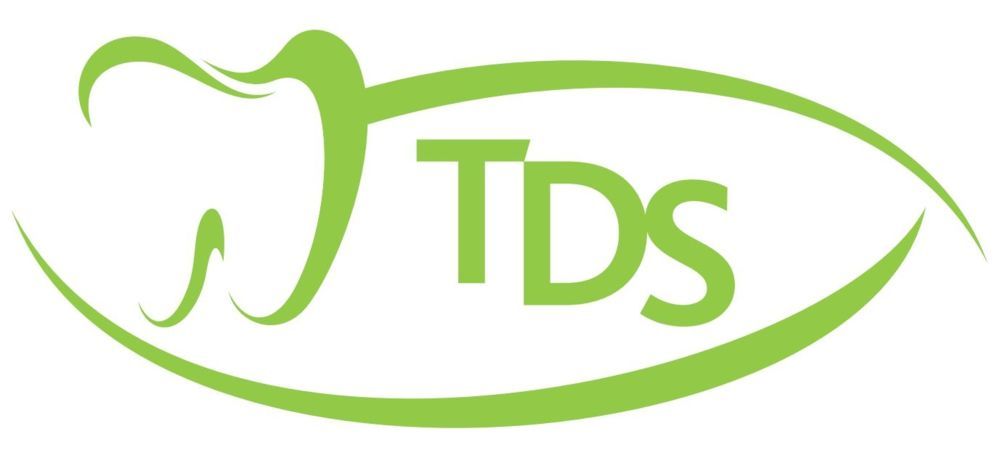Pain relief medication frequently taken to relive dental pain include Paracetamol and anti-inflammatories such as Ibuprofen.
If you have NO coronavirus symptoms you can carry on taking Ibuprofen as normal. If you develop symptoms the current guidance is to stop using Ibuprofen and use Paracetamol products only, unless your doctor has advised you that Paracetamol is not suitable for you.
Anti-inflammatories such as Ibuprofen can reduce pain and combining Paracetamol and Ibuprofen has been shown to be effective in managing dental related pain.
Always take painkillers in accordance with the instructions on the packet. Taking more than the recommended dosage or taking them incorrectly will NOT improve your symptoms, and potentially can cause serious side effects which may be life threatening.
Antibiotics will NOT help with sensitivity of a tooth to hot or cold. Any decay causing the sensitivity must be removed and filled. There are some measures that can be done at home to help manage symptoms until care can be accessed.
- Good cleaning using a fluoride toothpaste and reducing sugar intake will help prevent decay from worsening.
- Sensitive toothpastes such as Sensodyne Repair and Protect, can help. The toothpaste should be rubbed directly on the affected area and do not rinse afterwards.
- Anaesthetic gel such as Orajel can help ease pain but, please follow the manufacturer's guidance and use the product in accordance with the instructions on the packet.
- If the tooth has a hole, or is cracked and is now sensitive/sharp you can use a temporary filling product that can be packed into the space. Temporary filling products are widely available from pharmacies and supermarkets.
How to manage a lost crown:
- Clean and check the crown and if it is mostly hollow you can attempt to re-cement it at home if you feel confident to do so.
- Remove any debris or old cement from the crown and clean your tooth thoroughly. Both must be free of debris for the crown to seat properly.
- Check the crown fits without any cement and that the bite feels correct. If the bite doesn't feel right or is too tall check both the crown and tooth for debris. Never force a crown or post onto a tooth as this may cause a fracture. If you cannot get the crown to fit, keep the tooth as clean as possible and wait to see your dentist.
- Only dental cement such as Recapit, should be used and they are available from pharmacies. DO NOT USE SUPERGLUE OR FIXADENT to fit your crown.
- Practice placing the crown and when you are confident dry the tooth and crown, mix the cement in accordance with the instructions on the packet and fill the crown. Place the crown directly onto the tooth and bite firmly to press into place.
- Remove any excess cement using a toothpick and floss between your teeth
Trauma caused by biting can worsen inflammation of the gum over an erupting tooth is the most common cause of wisdom tooth pain. Good home care can manage most flare ups and symptoms should settle in 5-7 days.
Things that may help:
- Soft diet, eating soft food will reduce trauma from biting
- Good cleaning the area must be kept clean to encourage healing even if it is painful to brush
- Warm salty mouthwash
- Corsodyl mouthwash use in accordance with packet instructions and use for less than 7 days to avoid staining of teeth
- Painkillers such as Ibuprofen or Paracetamol. Use in accordance with packet instructions
If you have difficulty swallowing or there is swelling your face or cheek or you have difficulty opening your mouth, call the surgery and the dentist will determine whether antibiotics are needed if the infection is spreading.
Most ulcers are self-limiting and will heal within 7-10 days. Any oral lesions or ulcers that do not heal and are present for more than 3 weeks should be assessed by a dentist or doctor.
Things you can do at home to help:
- Use warm salty mouthwash
- Take a soft diet as soft food will reduce trauma from biting
- Good cleaning will encourage healing and prevent more ulcer from forming. It maybe painful to brush so use a soft toothbrush
- Dentures that are loose or poorly fit can rub causing trauma so denture adhesives may help. Use an emery board to remove any sharp edges from a denture and where possible remove dentures causing trauma
- Corsodyl mouthwash use in accordance with packet instructions and use for less than 7 days to avoid staining of teeth
You may need to take painkillers regularly for several days after an extraction. It is normal for the worst of the pain to be after 3-4 days.
You may experience pink spit/oozing after an extraction which is normal, however, if the socket is bleeding freely, bite hard on gauze or a clean hankie for 20 minutes. If the bleeding does not stop contact your dentist. Smoking too soon after an extraction risk causing dry socket which can be very painful and painkillers are unlikely to be effective. Contact your dentist as a dressing is needed to cover the exposed bone.
Your dentist cannot prescribe antibiotics for dry socket nor pain after extractions unless an infection is present.
Bleeding from gums is usually due to gum disease and will not stop until brushing improves. It is NOT classed a dental emergency. Brush twice daily for 2 minutes using a fluoride toothpaste paying extra attention to the areas that are bleeding. Use dental floss or interdental brushes to clean between your teeth each day.

